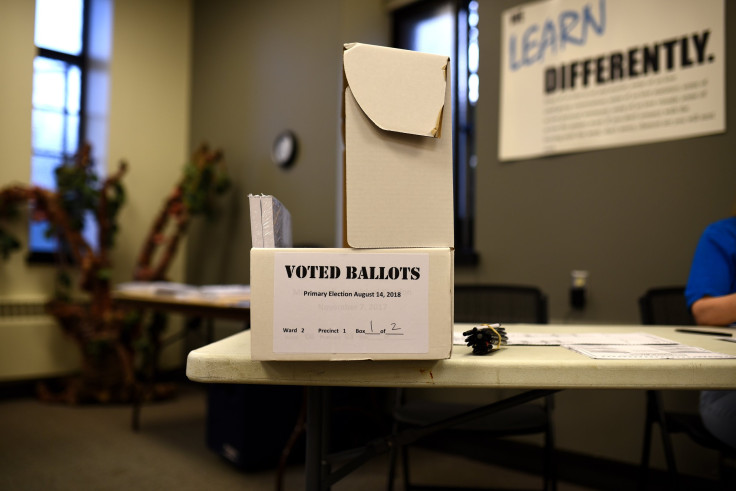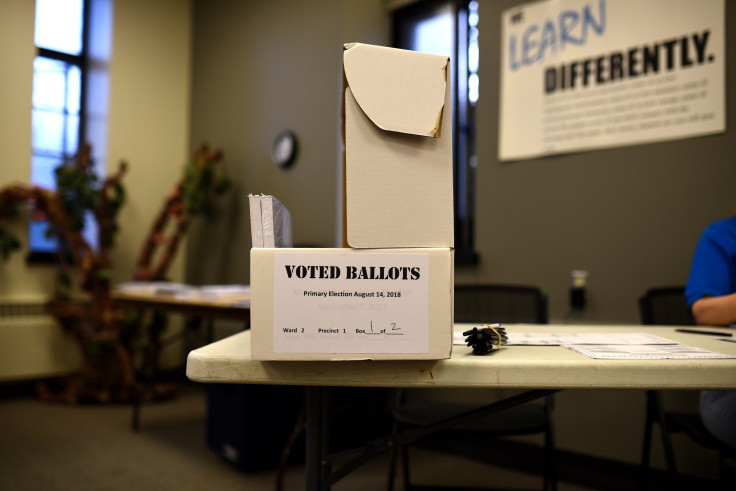Lyft Offering Discounted, Free Rides On Midterm Election Day

Voter turnout in the U.S. is low compared to most developed countries, so ride-sharing giant Lyft is trying to find a solution in 2018. Lyft will partner with a handful of voter outreach programs to provide discounted, or even free, rides to polling locations when voters go to the polls for the Nov. 6 midterm elections.
In a company blog post, Lyft promised nationwide half-priced ride vouchers to be distributed by organizations like Vote.org and TurboVote. It also sounds like the Lyft app will mark local polling locations for customers.
Aside from that, “underserved communities” will get free rides on Election Day. These will be organized through groups like Voto Latino and the National Federation of the Blind.
Over 15 million people cited transportation as their primary barrier to voting in the 2016 election — that’s why we’re introducing The Ride to Vote. Lyft will provide free and discounted rides to the Polls. #TheRidetoVote https://t.co/E8GVhNNkE8 pic.twitter.com/1kmqWlSpsB
— Lyft (@lyft) August 23, 2018
The ride-sharing firm said it would assist voting efforts in other ways, too. Mobile push notifications will remind customers to get registered, while drivers and Lyft office workers will get other forms of encouragement to register.
Companies like Uber and Lyft have offered Election Day specials before. In 2016, Uber offered to show polling locations on its mobile app, while Lyft offered a single-use discount.

The United States Election Project found that 40 percent of registered voters did not vote in the 2016 presidential election. Midterm elections generally draw even less turnout than that. Citing numbers from the Center for Information and Research on Civic Learning & Engagement, Lyft pointed out that 15 percent of non-voters in 2016 were hindered by a lack of transportation to polling locations.
Pew Research found in a post-election study that 14 percent of 2016 non-voters cited busy schedules, while 12 percent could not make it because of illnesses or disabilities. Lyft seems to be addressing at least some disability concerns, given its partnership with the National Federation for the Blind.
© Copyright IBTimes 2025. All rights reserved.




















